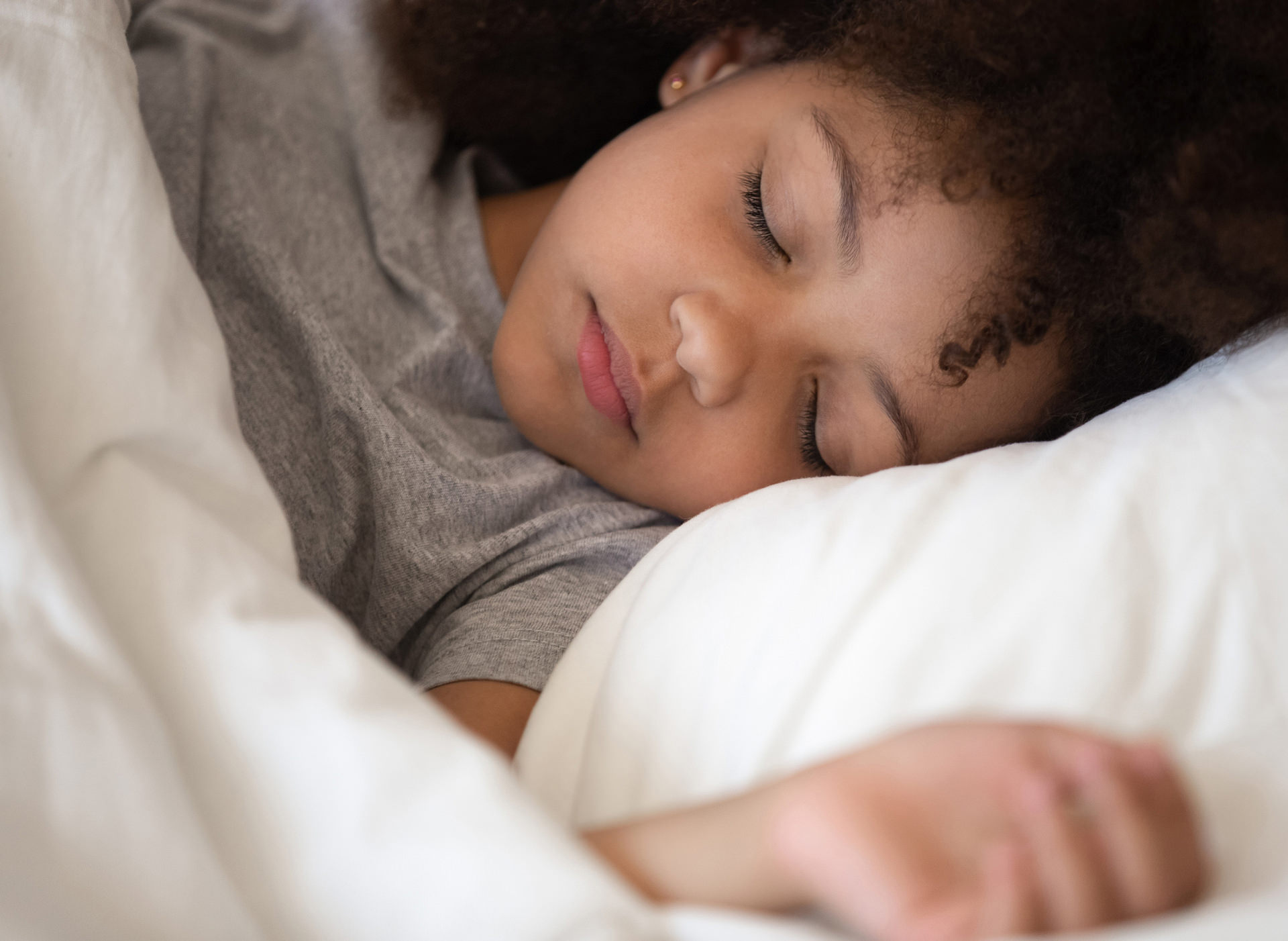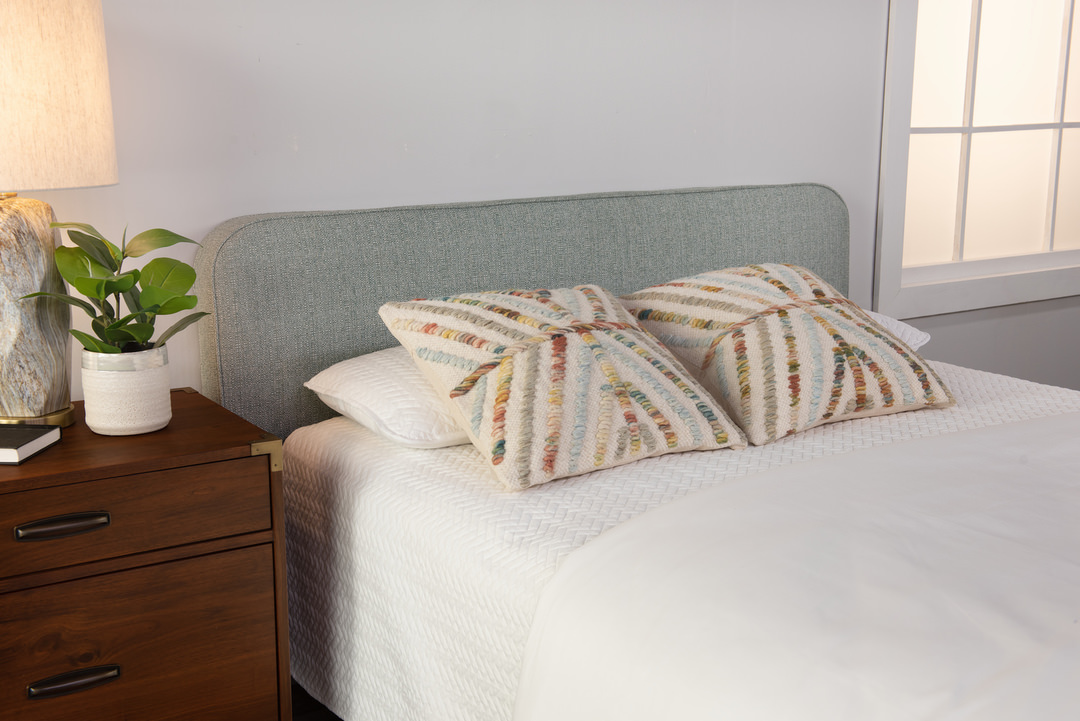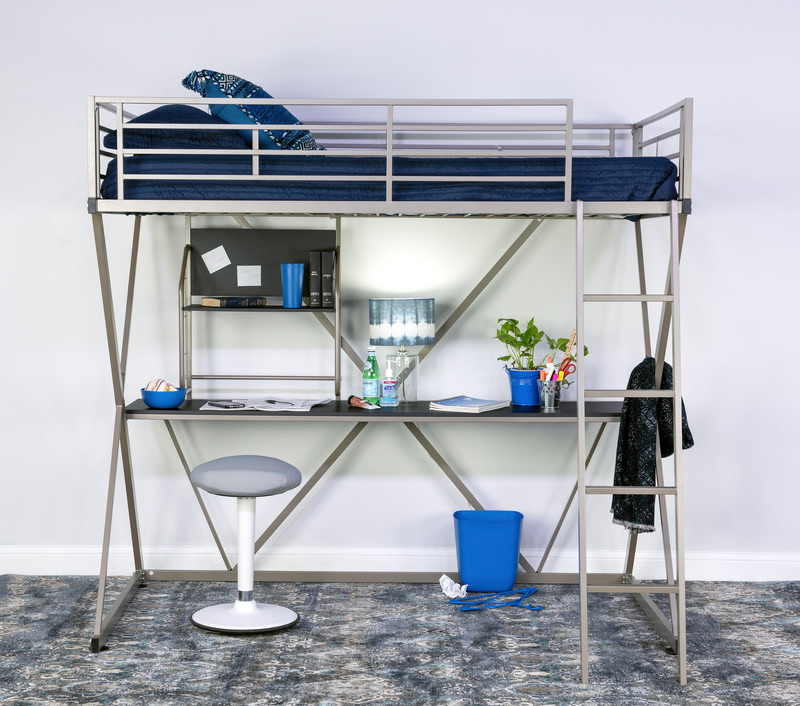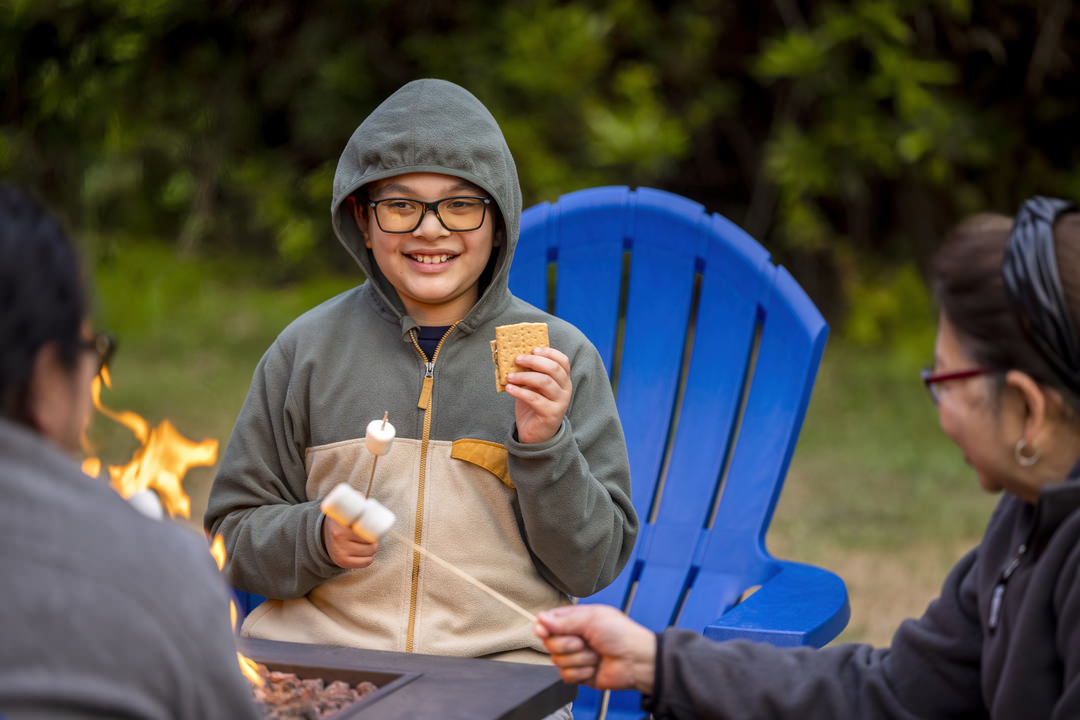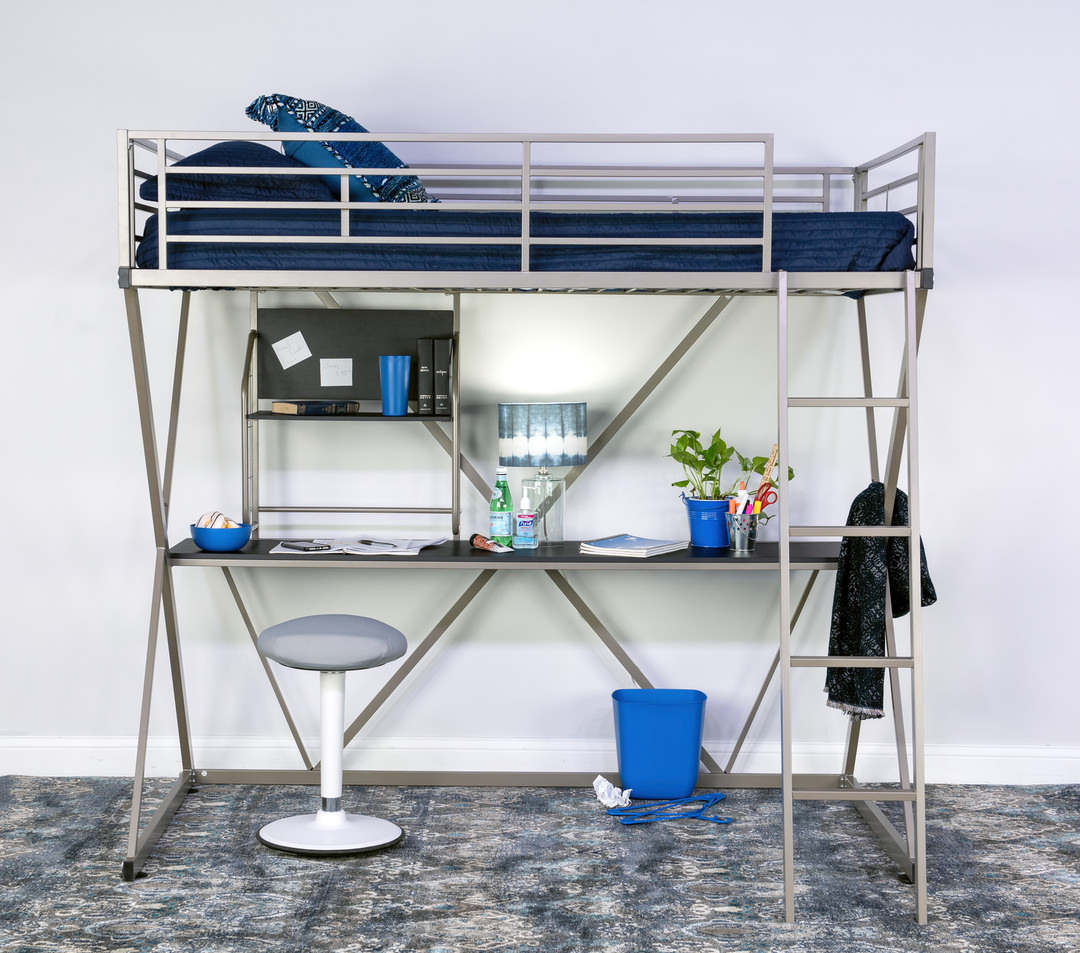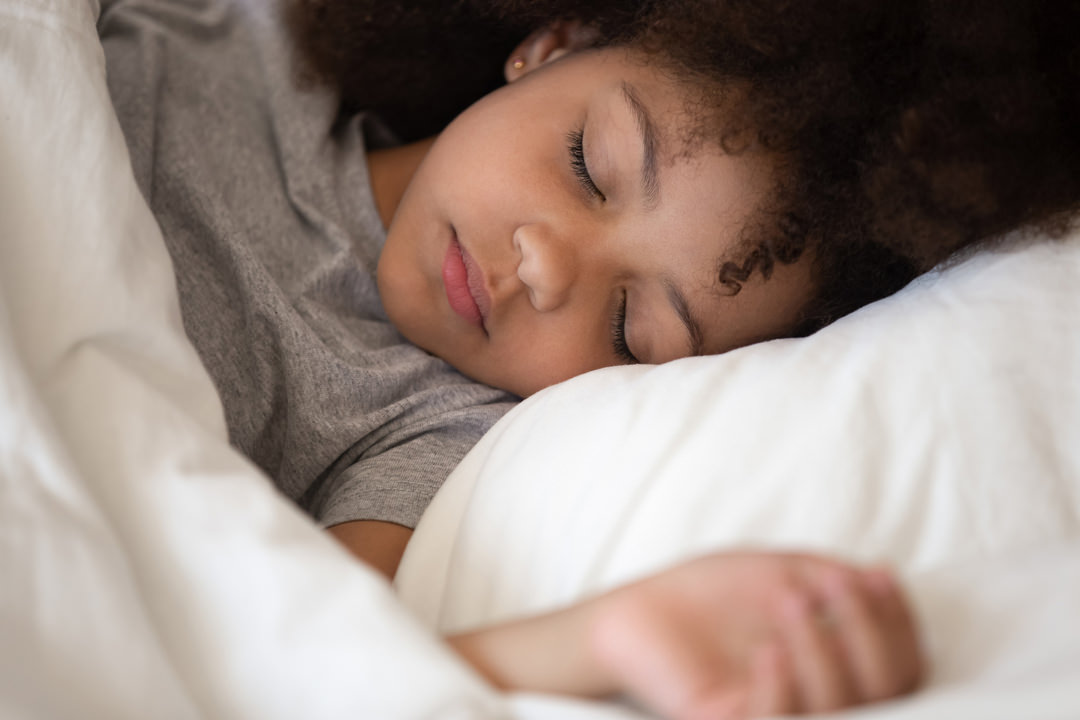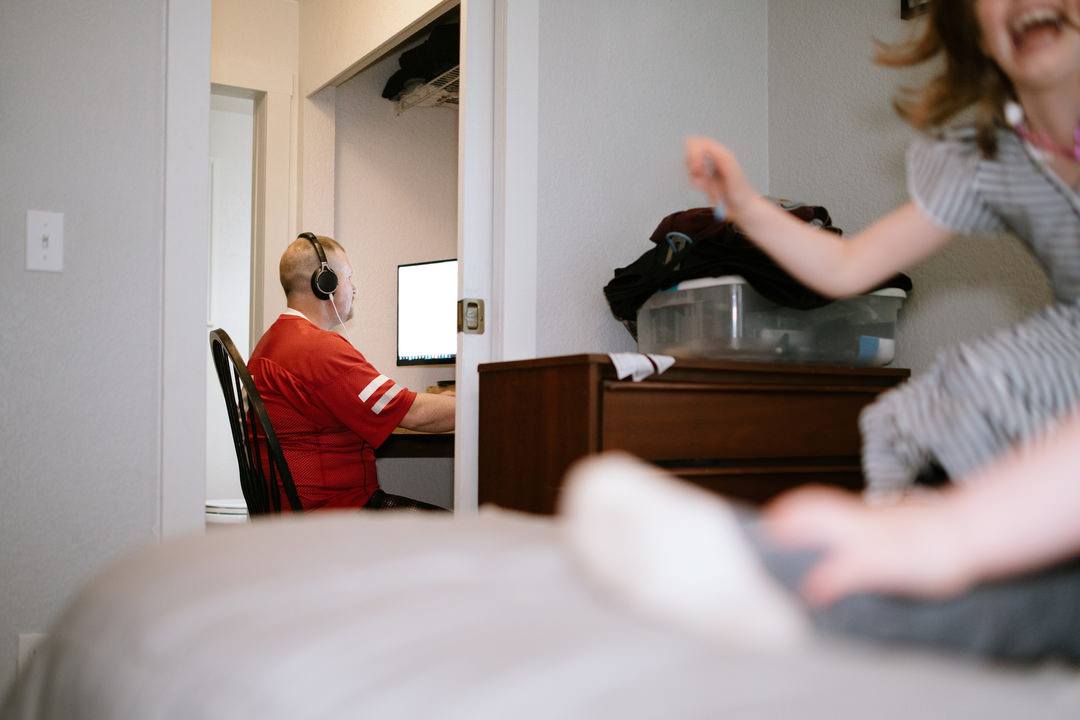Back to School Sleep Tips
Set a sleep routine that will help your child succeed this school year.

A good night’s sleep is important for so many reasons, and perhaps even more so for kids. Quality sleep has physical benefits, helping with immunity as one important advantage. Sufficient sleep also has many mental benefits. It has been shown to improve mood and can even help kids focus and retain information, which are especially crucial abilities with back-to-school time approaching soon.
While the importance of sleep is hardly up for debate, actually achieving it can be the difficult part—in particular for kids who fight bedtimes like the plague. Here are some tips for helping establish a consistent bedtime routine and a beneficial sleep environment that can help your child fall asleep faster and get better sleep throughout the night as well.
1. Set a sleep schedule – When it comes to sleep, for both adults and kids, a consistent schedule is beyond important. First, it’s essential to know how much sleep your child needs. A_ccording to the National Sleep Foundation, school age children need between 9 – 11 hours of sleep, while teenagers need a slightly lower amount of 8 – 10 hours_. Now that you know how much sleep your child should be getting, count backwards from their school wake up time and set their bedtime accordingly. For instance, a sleep time of 8:30 PM to 6:30 AM may be ideal for many school age children. Finally, try to stick with your schedule as much as possible, even on weekends. If you find yourself off by a couple of hours over break, plan a couple of days to gradually reset your schedule. (Allow more time to readjust sleep schedules from longer breaks, like summer vacation.)
2. Establish a bedtime routine – Going hand in hand with setting a sleep schedule, a consistent bedtime routine can help set the tone for a good night’s sleep. The ideal routine will be simple and focus on relaxation. A routine may consist of activities such as bath/shower time, a small and nutritious snack, essentials like brushing teeth and putting on pajamas, and a bedtime song or story.
3. Enforce good sleep habits – Some good sleep habits start well ahead of the bedtime routine. However, these daily habits can have huge impacts on your child’s ability to fall asleep and stay asleep during the night.
- Limit caffeine, especially in the late afternoon and evening.
- Strive for a healthy diet; avoid sugar close to bedtime.
- Avoid blue lights from electronics, such as TV, computers and phones, for at least a couple of hours before bedtime.
- Eliminate napping for older children or limit naps to a smaller time period that is far enough away from the child’s bedtime to not interfere with their night time sleep.
- Get regular exercise throughout the day. Regular exercise has many benefits, including improving one’s ability to sleep. However, exercising too close to bedtime should be avoided, as it may have an adverse effect and prevent kids from falling asleep.
4. Design bedroom for better sleep – You can encourage better sleep for your child be creating a relaxing ambiance in their bedroom and avoiding the presence of distractions.
- Hang room darkening curtains to eliminate outside light in their room, either from street lights, traffic and early sunrises.
- Create a quiet space for your child to sleep. A white noise machine can also help kids fall asleep and help them tune out distractions from the rest of the house.
- Keep their room at a comfortable, cool temperature. You can also purchase a mattress and bedding with cooling technology that help wick away moisture and keep your child cool, comfortable, and soundly sleeping throughout the night.
- Ensure that your child has a supportive and comfortable mattress.
5. Stay consistent – We’ve mentioned it before, but it bears repeating. It can take some time to establish a beneficial bedtime routine, but stick with it. Remember that kids learn by example, and sufficient sleep is important for adults as well. Model good sleep hygiene and lead your child in good habits by prioritizing sleep for everyone in your household.

